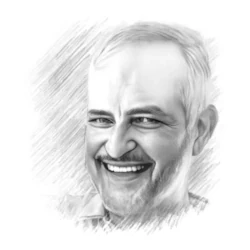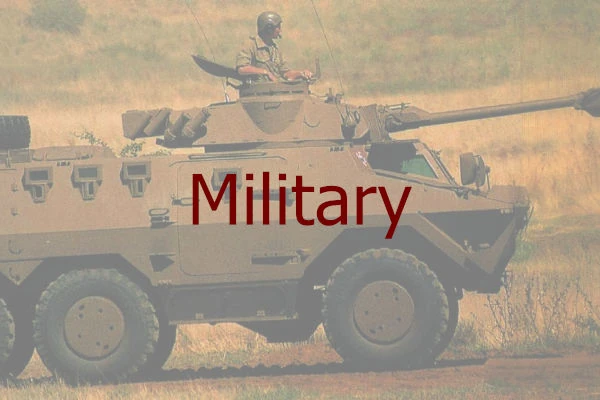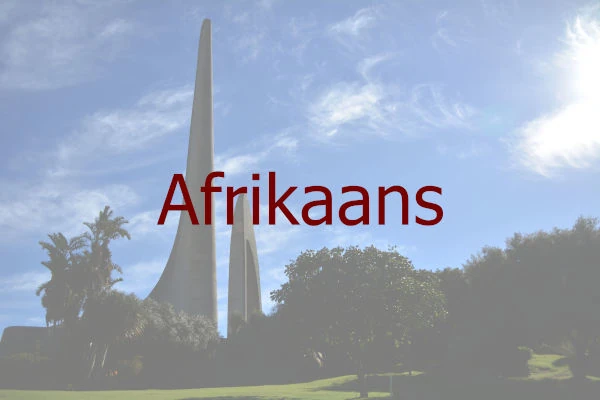Environment Protection
© J. Francois Barnard – 14 November 2019
(This is an essay submitted to the Discussion Forum for ENVS 1301, Introduction to Environmental Sciences, for Week 1 of term 2, 2019 – 2020.)
 I live in Africa, and for thirty years, our family owned a private nature reserve in the Limpopo Valley on the border with Zimbabwe. Protecting the environment is a topic close to my heart, and I despair when I see how we, as Africans, mostly in ignorance, damage our beautiful continent.
I live in Africa, and for thirty years, our family owned a private nature reserve in the Limpopo Valley on the border with Zimbabwe. Protecting the environment is a topic close to my heart, and I despair when I see how we, as Africans, mostly in ignorance, damage our beautiful continent.
“Living off the land” is how I describe how millions of peasants live in Africa. But if the land cannot produce enough for them, they fall into poverty. Also, many people urbanise to find jobs, but end up finding none. Children born in cities lose the skills to “live off the land” and sink even further into poverty.
Poverty is one of the key areas UNEP addresses in Africa. UNEP has a “Poverty-Environment Initiative” (PEI) deployed in nine African countries: Botswana, Burkina Faso, Kenya, Malawi, Mali, Mauritania, Mozambique, Rwanda, and Tanzania.
Another huge concern is plastic waste pollution. UNEP helps countries to establish packaging regulations and standards. Its effects can be seen in the marine environment, as waste dumped into rivers and streams finds its way into the oceans.
My family has a 300-year history in Africa. Over the last 50 years, we have seen a growing gap between the rich and the poor. Africa is one of the richest continents in the world, blessed with vast resources. Yet it is the poorest. It has the world's most corrupt governments. So no, I am not surprised to find poor people in Africa. I see people who are ignorant about the environment and pollute it at a high rate.
 Education is key to helping children become aware of the environment and the impact society has on it. The problem in Africa is that most people there do not know their history or where they come from. Many cannot recall their family history beyond three generations.
Education is key to helping children become aware of the environment and the impact society has on it. The problem in Africa is that most people there do not know their history or where they come from. Many cannot recall their family history beyond three generations.
It is difficult for a child to take pride in his/her heritage if they do not know what it is. Millions of Africans have been illiterate until fairly recently. As the economies of African states grow, education grows too. Nelson Mandela was quite positive about it in 1994: “Education is the most powerful weapon you can use to change the world.”
I found an interesting article on the UNEP website about the Youth and Education Alliance (YEA!), which describes an initiative to bring universities and youth movements, such as Scouts and Guides, together to educate children about the environment. There are currently 850 universities in this alliance. Another interesting fact from the statistics page is that the poorest countries in Africa have the highest GDP growth rates. According to UNStats, the 2014 GDP growth for these countries was:
- Botswana 4%
- Burkina Faso 5%
- Kenya 5%
- Malawi 6%
- Mali 7%
- Mauritania 6%
- Mozambique 7%
- Rwanda 7%
- Tanzania No data
 Growing from a very small base makes it easier to show significant growth, but these countries are going in the right direction. South Africa's GDP growth in 2014 was a very poor 2%.
Growing from a very small base makes it easier to show significant growth, but these countries are going in the right direction. South Africa's GDP growth in 2014 was a very poor 2%.
My personal opinion about caring for your environment is that it goes deeper than establishing policies, procedures, laws, and regulations. Yes, we should have all of that in place. But if I care about the threesome called “Me, Myself and I,” and I love those three, I want to see myself in an environment that is cared for and properly sustained.
Because I care for my house, the house is clean and swept. The garden is tended and neat. When I drive to work, I keep my waste in my car and dispose of it at the next stop in a bin. I do not throw it out of the window. In my office are many cardboard boxes of computers that we set up for the NGO that employs me. Afterwards, I properly discarded this packaging and had the old computers recycled. Why? Because that is what you do if you respect yourself and love yourself enough to care for your immediate environment.
Our global environment reveals, on a macro scale, how we care for ourselves on a micro scale. And from where I am standing, Africa does not give a darn thing about itself.
Contact me






